Outsourced vs. In-House IT: What Startups Should Consider

Outsourced vs. In-House IT: What Startups Should Consider
The decision between outsourced and in-house IT is pivotal for startups aiming to maximize resources, maintain flexibility, and drive growth. While each approach offers unique benefits and challenges, understanding the key differences can empower startups to make the best choice for their operational and strategic needs. Outsourced vs. In-House IT: What Startups Should Consider – This article explores key factors such as cost, scalability, expertise, and security to help startups make the right choice for their IT needs.
The Role of IT in Startups
In a startup environment, IT is more than just support; it’s a catalyst for innovation, security, and scalability. Whether it’s managing cloud infrastructure, securing sensitive data, or enabling remote work, IT forms the backbone of any modern startup. Thus, selecting an IT model that aligns with the company’s goals and resources is essential.
1. Cost Implications of IT Solutions
In-House IT: A Costly Affair For many startups, establishing an in-house IT team can be expensive, especially when you factor in salaries, benefits, and ongoing training for skilled personnel. Beyond salaries, in-house IT demands infrastructure, software licenses, security tools, and hardware—each of which adds to the expense.
Outsourced IT: A Scalable and Predictable Option Outsourcing can provide a cost-effective solution, particularly for startups on a tight budget. Managed service providers (MSPs) often work on a subscription-based model, enabling predictable monthly expenses. This approach allows startups to allocate resources more effectively, knowing that their IT expenses will remain steady without the surprises that come with in-house team expansions or unexpected infrastructure needs.
2. Access to Expertise and Advanced Skill Sets
In-House IT: Tailored to Your Business, But Limited An in-house team has the advantage of knowing your business inside and out. However, finding candidates with the necessary skill sets to cover a broad range of IT needs can be challenging. For example, a startup may need expertise in cybersecurity, cloud architecture, and network management, which are difficult to find in a single hire.
Outsourced IT: Comprehensive Knowledge Base With outsourced IT, startups gain access to a broad pool of experts specializing in various fields, from cybersecurity and cloud management to compliance and data analytics. MSPs employ certified professionals with years of experience, providing immediate access to a wealth of specialized knowledge that may not be available within an in-house team.
3. Scalability and Flexibility
In-House IT: Slow and Resource-Intensive Scaling In-house teams may struggle to scale in line with a fast-growing startup. Hiring additional staff or investing in new infrastructure requires significant time and resources, potentially causing delays in deployment or service upgrades.
Outsourced IT: Effortless Scaling to Match Growth One of the strongest advantages of outsourcing is the ability to scale services up or down based on demand. As your business grows, an MSP can adapt quickly, providing additional resources or expertise as needed. For startups, this means growth without the headaches of recruitment, training, or capital investment in new technology.
4. Control and Customization
In-House IT: Higher Control with Customized Solutions An in-house team provides greater control over systems and processes, making it easier to customize solutions and implement company-specific policies. This option suits startups that require tailored solutions, as an in-house team can develop and implement strategies aligned with the company’s unique needs.
Outsourced IT: A Balance of Flexibility and Standardization While outsourced IT offers less hands-on control, MSPs can often tailor services to match a startup’s needs. Many MSPs are flexible and open to collaboration, adjusting their services to fit a client’s requirements. However, startups must establish clear expectations and communication channels to ensure a close alignment between the MSP’s offerings and their business goals.
5. Data Security and Compliance
In-House IT: Direct Oversight, But Requires Deep Knowledge An internal team can provide personalized oversight of security measures, which some startups prefer for managing sensitive information. However, ensuring compliance with industry standards (like HIPAA, GDPR, or PCI-DSS) requires deep expertise and can stretch an in-house team’s resources.
Outsourced IT: Leveraging Compliance Expertise Outsourced providers typically offer a robust understanding of regulatory requirements and best practices, helping startups achieve compliance more efficiently. MSPs also employ advanced security tools and protocols, giving startups a higher level of protection than they might manage on their own. For startups in regulated industries, this support can be invaluable for maintaining trust with clients and avoiding penalties.
 6. Response Time and Downtime Management
6. Response Time and Downtime Management
In-House IT: Immediate Availability, Limited by Team Size With an in-house team, response times to IT incidents can be quicker, as staff are dedicated solely to your business. However, for startups with limited IT personnel, the response capacity may be constrained, particularly during busy periods.
Outsourced IT: 24/7 Availability with Guaranteed SLAs Outsourced IT providers often operate around the clock, which can be advantageous for startups that need immediate support outside regular business hours. Managed service providers typically offer Service Level Agreements (SLAs) that guarantee response times, ensuring that critical issues are addressed swiftly.
7. Innovation and Access to Cutting-Edge Technology
In-House IT: Slow to Adopt Emerging Technology Startups relying solely on in-house IT may struggle to stay at the forefront of technological advancements due to limited resources. New technologies often require expertise and investment in training, which can slow down adoption.
Outsourced IT: Staying Ahead of the Curve MSPs continuously update their services to remain competitive, offering clients access to the latest technology and tools. This advantage allows startups to benefit from advanced solutions without the financial and logistical burdens of technology adoption.
8. The Startup’s Unique Needs and Culture Fit
In-House IT: Seamless Integration with Company Culture An in-house IT team is part of the company’s ecosystem, aligning easily with the startup’s culture, vision, and workflows. This fit can enhance communication, motivation, and the sense of ownership among IT staff, fostering a more integrated approach to problem-solving.
Outsourced IT: Compatibility with Established Processes While not physically present, MSPs specializing in startups understand the need for agility and adaptability. The key here is selecting a provider, like Protected Harbor, that has experience with startups and a track record of integrating seamlessly into diverse work cultures.
9. Long-Term Strategy and Business Growth
In-House IT: Strategic Contributions with a Long-Term Focus An in-house team offers continuity, contributing directly to the startup’s long-term goals. With time, internal IT professionals develop a nuanced understanding of the company’s strategies, allowing them to make proactive contributions.
Outsourced IT: Strategic Guidance Through Expert Consultation Many MSPs provide not only technical support but also strategic guidance, helping startups plan for future growth. Outsourced IT experts offer fresh perspectives, recommending solutions that can streamline processes, reduce costs, and enhance productivity over the long term.
Conclusion: Finding the Right Balance for Your Startup
Choosing between outsourced and in-house IT is more than a financial decision—it’s about building a foundation for your startup’s future. Outsourcing provides scalability, expertise, and cost savings, often surpassing the control and overhead of maintaining an in-house team.
As one of the top IT managed service providers (MSPs) in the US, Protected Harbor has a proven track record of empowering startups with tailored, reliable, and innovative IT solutions. We’ve helped numerous startups streamline operations, enhance security, and scale effortlessly while staying cost-efficient.
Is your startup ready to embrace agile and responsive IT management that drives growth, let Protected Harbor guide you with customized solutions built for your unique challenges and goals. Contact us today to transform your IT strategy and fuel your success.


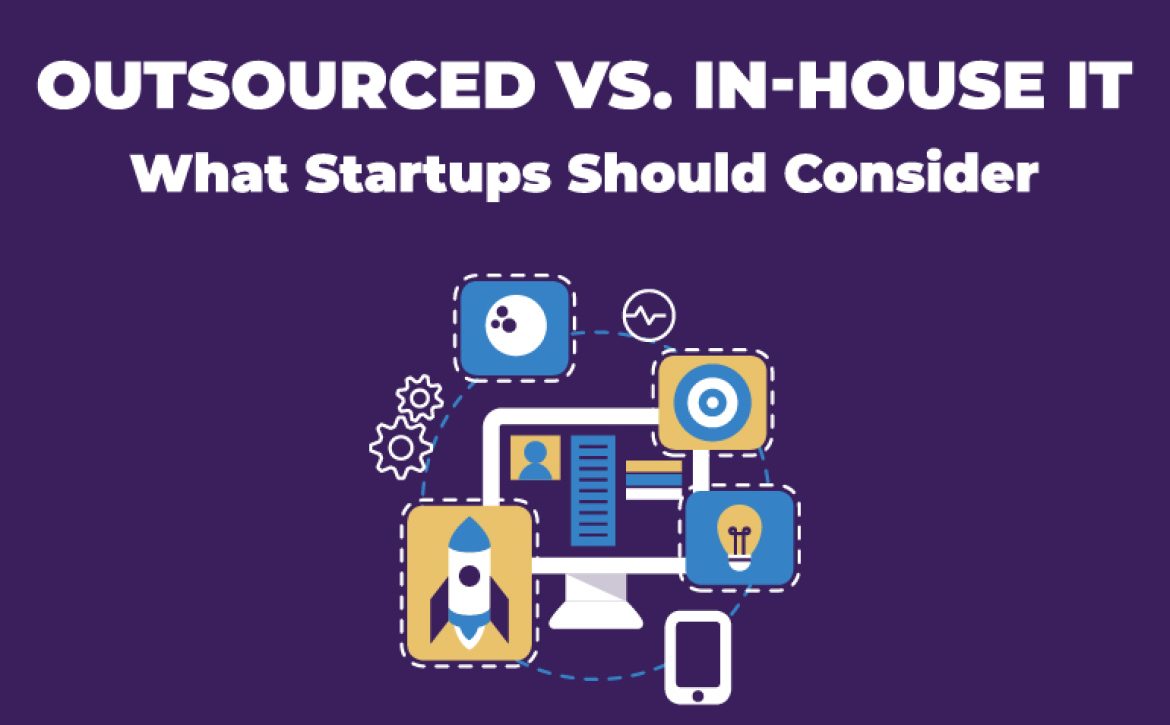
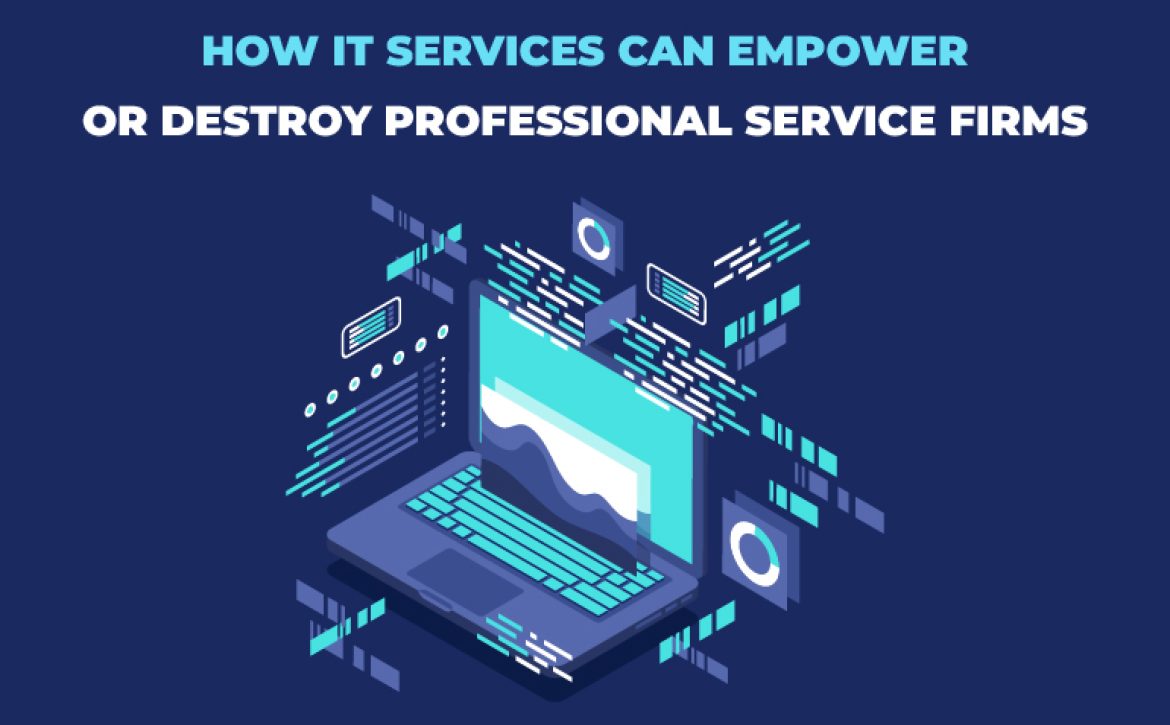
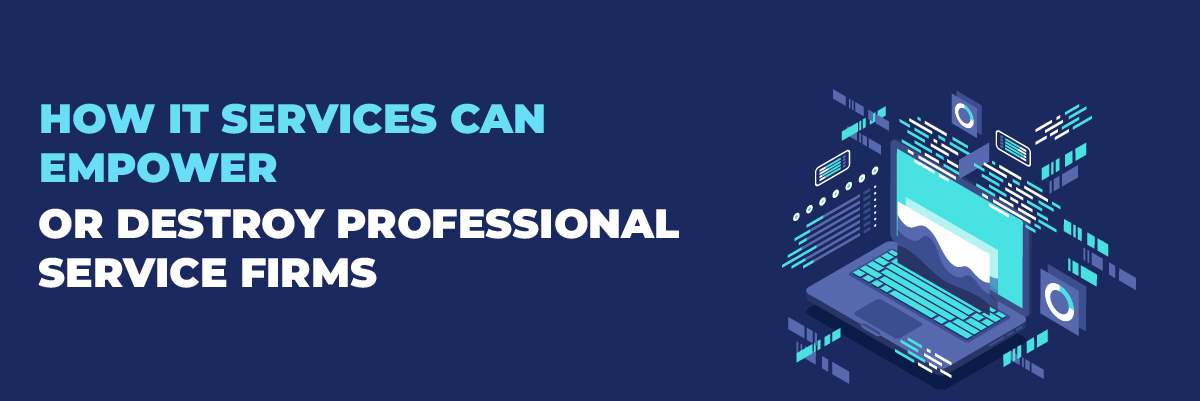
 2. Over-Reliance on Technology
2. Over-Reliance on Technology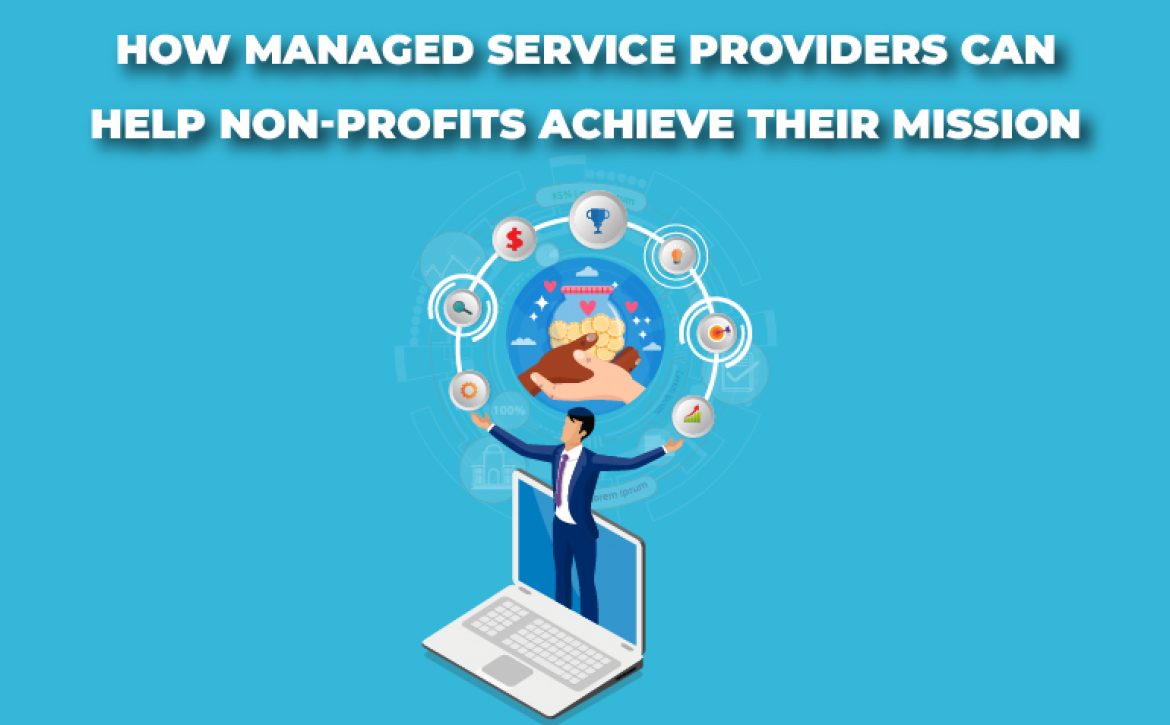

 6. Supporting Remote and Hybrid Workforces
6. Supporting Remote and Hybrid Workforces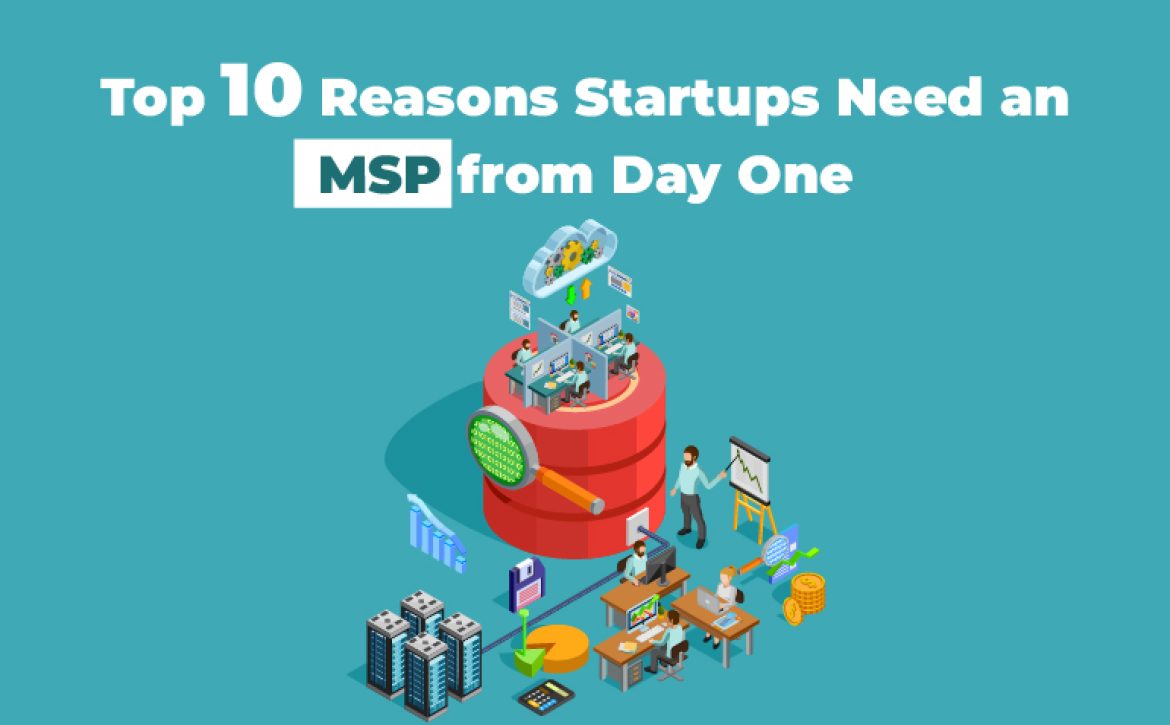


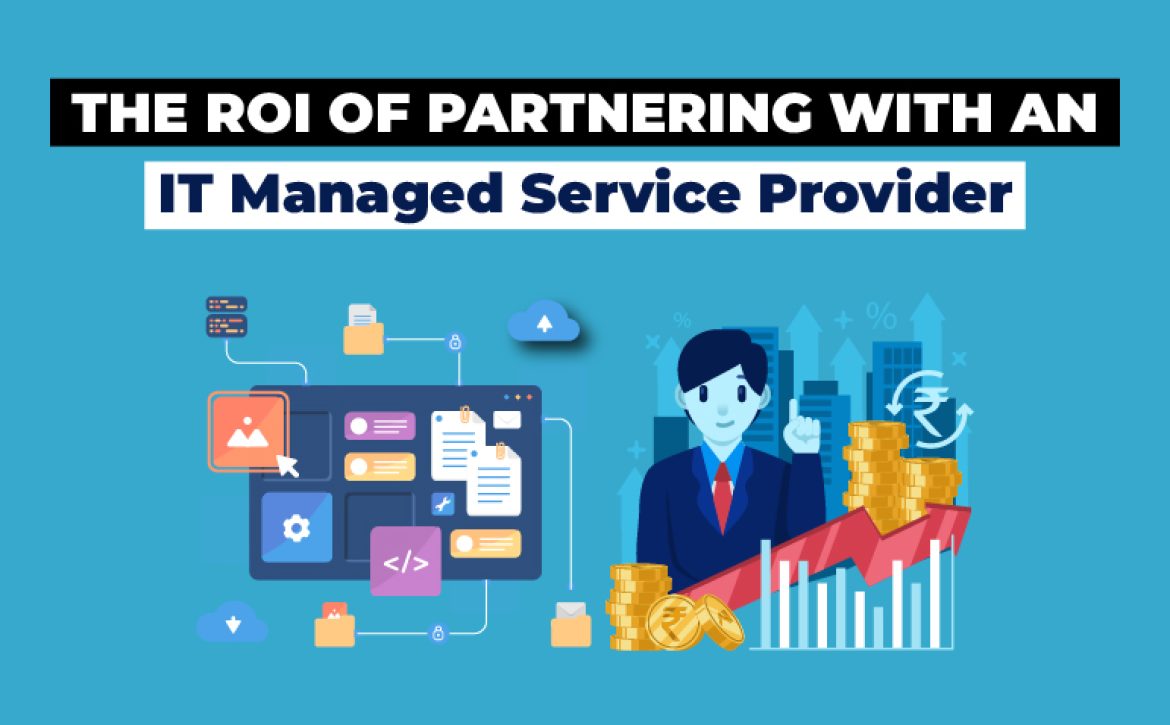




 Introducing Protected Harbor – The Top Choice Managed IT Services Provider in the US
Introducing Protected Harbor – The Top Choice Managed IT Services Provider in the US

 6. Customer Support and Communication
6. Customer Support and Communication




 Identifying the Right Digital Solutions for Nonprofits
Identifying the Right Digital Solutions for Nonprofits

 Cloud-based Solutions are Becoming Increasingly Popular in the Managed Services Market
Cloud-based Solutions are Becoming Increasingly Popular in the Managed Services Market